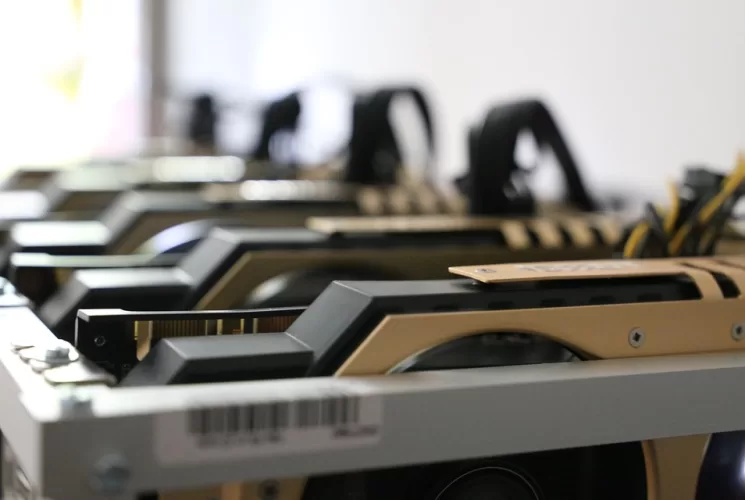
Blockchain Beyond Cryptocurrencies: The Diverse Applications of Distributed Ledger Technology
In recent years, blockchain has emerged as a transformative technology, revolutionizing industries beyond the realm of cryptocurrencies. While it gained prominence as the backbone of Bitcoin, blockchain’s potential extends far beyond digital currencies. Distributed Ledger Technology (DLT), the underlying framework of blockchain, offers a secure, transparent, and decentralized way to record and verify transactions. Let’s explore the diverse applications of blockchain technology that are reshaping industries worldwide.
Supply Chain Management:
Blockchain’s immutability and transparency make it an ideal solution for supply chain management. By leveraging DLT, businesses can create a tamper-proof record of every stage in the supply chain. This enables enhanced traceability, ensuring that products are sourced ethically and are genuine. Blockchain-based supply chain management systems also help reduce fraud, counterfeiting, and improve overall efficiency.
Healthcare:
The healthcare industry is ripe for disruption, and blockchain is poised to revolutionize it. By leveraging blockchain, patients’ medical records can be securely stored and shared with healthcare providers. This enhances the interoperability of patient data, leading to better diagnoses and personalized treatment plans. Moreover, blockchain can improve the efficiency of clinical trials, ensuring that data is securely stored and accessible to relevant parties.
Finance and Banking:
Beyond cryptocurrencies, blockchain is transforming the finance and banking sectors. Traditionally, financial transactions involve intermediaries, resulting in delays and increased costs. Blockchain eliminates the need for intermediaries by creating a decentralized ledger that records and verifies transactions in real-time. This reduces costs, enhances security, and enables faster cross-border transactions. Additionally, blockchain-based smart contracts automate contractual agreements, minimizing the need for manual intervention.
Real Estate:
Real estate transactions are often complex and involve multiple parties. Blockchain simplifies this process by creating a secure, transparent, and decentralized platform for property transactions. This eliminates the need for intermediaries and reduces the associated costs. Additionally, blockchain-based land registries provide a tamper-proof record of property ownership, preventing fraud and ensuring the legitimacy of transactions.
Voting Systems:
Traditional voting systems are susceptible to fraud, manipulation, and lack transparency. Blockchain technology offers a solution by creating a secure and transparent voting platform. Each vote is recorded on the blockchain, ensuring immutability and reducing the risk of tampering. This enhances the integrity of the voting process, leading to increased trust in democratic systems.
Energy Sector:
Renewable energy sources are gaining traction worldwide, and blockchain contributes to their development. Blockchain enables peer-to-peer energy trading, allowing individuals to buy and sell excess energy directly. This promotes decentralized energy grids and reduces dependence on traditional energy providers. Additionally, blockchain can verify the origin and authenticity of renewable energy certificates, ensuring transparency and trust in the market.
Conclusion:
Blockchain’s potential goes far beyond cryptocurrencies, with diverse applications transforming industries worldwide. From supply chain management to healthcare, finance to real estate, voting systems to the energy sector, blockchain’s distributed ledger technology offers transparency, security, and efficiency. As businesses and governments recognize the transformative power of blockchain, its applications will continue to expand, reshaping industries and creating new opportunities for innovation.
© Copyrights by Soulfulls. All Rights Reserved. Developed by Soulfulls